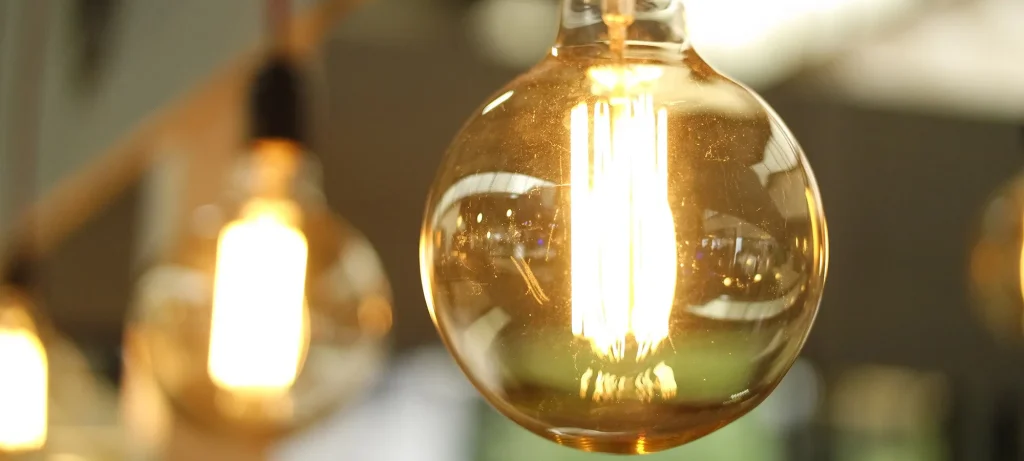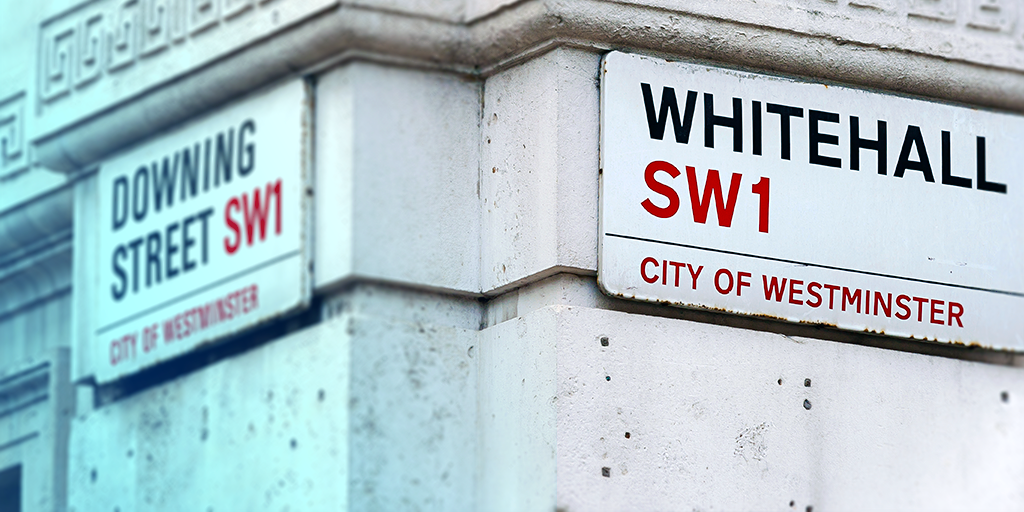
Get a free demo
Enquire about a no-obligation demo today and get an exclusive hybrid working research paper — for free. Created in partnership with YouGov, this invaluable guide provides essential insights into developing your own effective hybrid strategy. Click below.
Businesses are wasting billions of pounds of energy a year – could you improve energy efficiency?
A report by the Institute of Directors (IoD) has found that UK businesses are wasting billions a year and could easily improve energy efficiency. This is shocking but isn’t hard to believe. I visit lots of companies who are not getting the most out of their space, and therefore could be losing money on rent and energy.
This could be down to low occupancy, leaving lights and computers switched on, or by just having outdated, inefficient equipment.
Most of these businesses just need to make a few small changes that could benefit them in the long run.
Reports have also shown that there is relationship between energy efficiency and productivity. Therefore, not only are companies wasting money on energy, but their productivity could also be suffering. According to a recent government report entitled The Business Energy Efficiency Survey (BEES), businesses who invest in being more efficient could see a significant boost to their productivity.
The report highlighted the potential for businesses to reduce overall energy demand by a further 39 per cent. One third of this identified saving relates to measures that have a payback period of 3 years or less. The identified measures with a less than 3-year payback would result in bill savings of £1.3bn per year in total.
Could your business save money? Understanding the different intensities, volumes and types of energy that your company is consuming is vital to ensure that your energy efficiency policy can be targeted and generate savings.
Ways to save
I find that some offices have lots of empty desks on a Friday, as many employees work from home. According to our statistics, most companies actually under occupy their space by 30-40 per cent. These businesses could save money by merely closing off areas or floors. Also, encouraging employees to be more flexible with where they work on days that are quieter for their business. If they implemeneted hot desking, then employees could technically move desks whenever they wanted or needed to.
Joshua Burke, Energy and Environment Research Fellow, who wrote the report, says: “Improving energy efficiency is amongst the easiest and cheapest ways to decarbonise our energy system. Businesses and public sector organisations spend the equivalent of nearly 5 per cent of GDP (£22bn) on energy every year but too many organisations still aren’t investing enough in energy efficiency. It needs to be seen as a major strategic investment which is both good for the environment and profitability.
“Public sector leadership on energy efficiency could save the taxpayer billions, while the private sector should focus on funding energy efficiency projects, particularly those that have longer payback periods.”
He adds: “What will ultimately drive energy efficiency projects are the perceived strategic and productivity benefits rather than energy and carbon savings. This is how it should be communicated to all management levels of businesses.”
According to Nick Park, Group Head of Energy Policy Development at Centrica, by gaining a better understanding of their usage, businesses large and small can save money, improve operational performance and become more resilient.
“Improving energy efficiency provides a golden opportunity for businesses and the public sector to improve productivity and unlock future growth opportunities,” he said.
So, how can you begin to make small changes to your energy usage?
My top tips
- Don’t leave computers on stand-by. It’s a myth that they don’t use up much energy.
- Invest in efficient lighting. The right lightbulbs could save you a lot of money in the long-run.
- Switch off plug sockets. We often leave printers, chargers, or even heaters plugged in. If you’re not using it, switch it off.
- Think about implementing hot-desking. It could mean you can close off large areas of your office on quieter days.
- Look at investing in new equipment if your existing computers and printers are getting on a bit.
Please click here to view the report.
By Matt Makan


